Forced Labour Exposures in EV Battery Supply Chains - Part 3
With the new forced labour measures trending globally, the significant forced labour exposures in EV battery supply chains threaten global EV adoption.
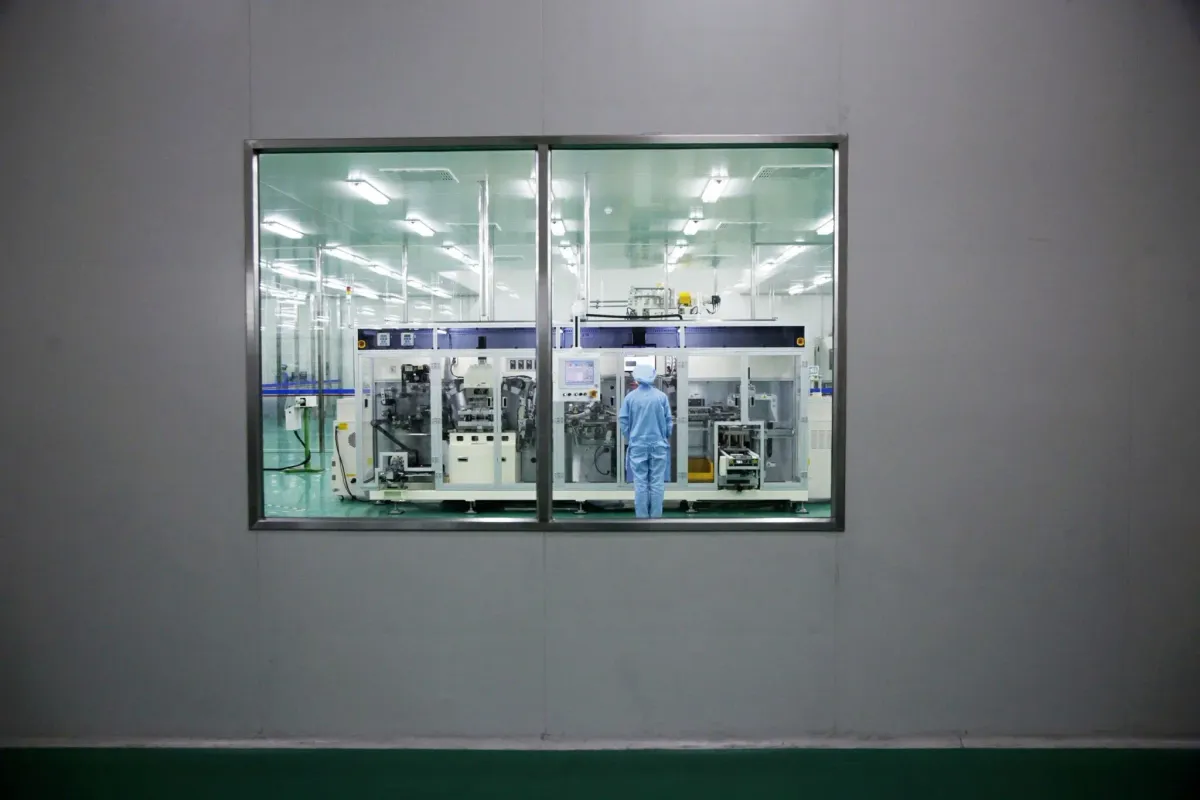
In Part 1 and Part 2 of this series, we explored how the EV supply chain is facing raw material shortages and having a difficult time in finding adequate lithium supply to meet the rising demand.
In this analysis, we will dig deeper into forced labour and human trafficking exposures in EV battery supply chains in Xinjiang, China.
Forced Labour Exposure in EV Battery Supply Chains
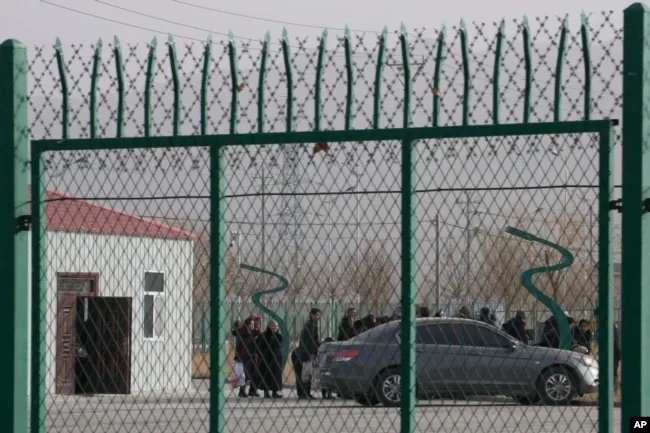
Residents line up inside a vocational training center in Artux, in western China's Xinjiang region, Dec. 3, 2018. Critics say China uses some of these facilities as detention camps for forced labor. Source.
The New York Times report finds that there are hundreds of Uyghurs in China that are working for Xinjiang Nonferrous Metal Industry, a large company that produces EV battery raw materials such as lithium, copper and nickel, and exports to the UK, Germany, Japan, India and the US.
Despite the denials from Chinese authorities, this means that many companies that source raw materials for EV batteries from China could have Xinjiang forced labour exposure in their supply chains.
PAM's aggregation of ongoing forced labour developments and exposures impacting the EV supply chain is shown below;
- 5 July: Xinjiang's Alashankou port handles over 3,000 China-Europe freight trains - One of the main export goods transported were auto parts.
- 30 June: The World Can’t Wean Itself Off Chinese Lithium
- 21 June: China’s electric vehicle battery supply chain shows signs of forced labor, report says
- 20 June: Red Flags for Forced Labor Found in China’s Car Battery Supply Chain
- 8 June: 'Scale' and 'Scope' of Forced Labor in Xinjiang Increasing, Report Says
- 31 May: Red flags over lithium mining for green vehicles
- 24 May: Lithium mine investments aren't keeping up with the EV supply chain
- 22 Apr: A top lithium expert agrees with Elon Musk that there’s not enough of the crucial metal to meet booming demand
Auquan's tools help you keep track of the ongoing forced labour developments in the EV space through aggregating news stories around several themes:
US Forced Labor Measures

An employee operates a machine at the production workshop of a polysilicon company in northwest China's Xinjiang Uygur Autonomous Region. Source: Gao Han/Xinhua/Zuma Press.
The US has started enforcing the Uygur Forced Labor Prevention Act, which was passed in 2021, banning imports from Xinjiang Uyghur Autonomous Region as well as on all goods produced outside of the region linked to economic institutions in Xinjiang.
The developments in these measures will change the dynamics in the EV space across the US as there might be a slow down in the adoption of EVs and as players in the industry may need to make significant adjustments if they have links with China.
- China warns Bangladesh over US 'lies' on Xinjiang forced labour
- Impact of the Uyghur Forced Labor Prevention Act on Vietnam Exports to the US
- Biden Has to Choose: Climate Change or Human Rights in China
- Companies Face Compliance Challenges Under U.S. Forced-Labor Law Targeting China
- US 'forced labor' allegations in Xinjiang nothing but imperial projection
- US ban on imports from Xinjiang disrupts China’s supply chain
- Why China and US Disagree on Forced Labor in Xinjiang
- America’s electric vehicles shouldn’t rely on slave labor in China
- China: US Law Against Uyghur Forced Labor Takes Effect
- US Prepares to Block Most Imports Tied to China's Xinjiang Province
EU Forced Labour Products Ban
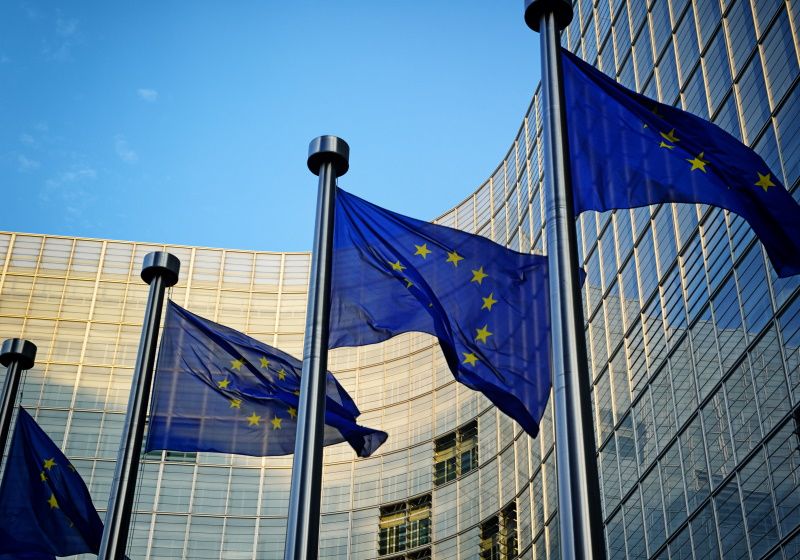
The EU has similarly taken steps to prevent forced labour products entering Europe. If the proposed laws are enforced, the operations of European carmakers and their suppliers who have ties with China will be severely impacted.
- The European Parliament on Xinjiang: China Is Guilty of “Crimes Against Humanity”
- EU urged to follow US 'model' in combating forced labour
- European Parliament asks to ban forced labour products
- EU lawmakers find ‘serious risk of genocide’ in China’s repression of Uyghurs
- China Deserves New Sanctions Over Xinjiang, EU Lawmakers Say
Which companies are exposed?
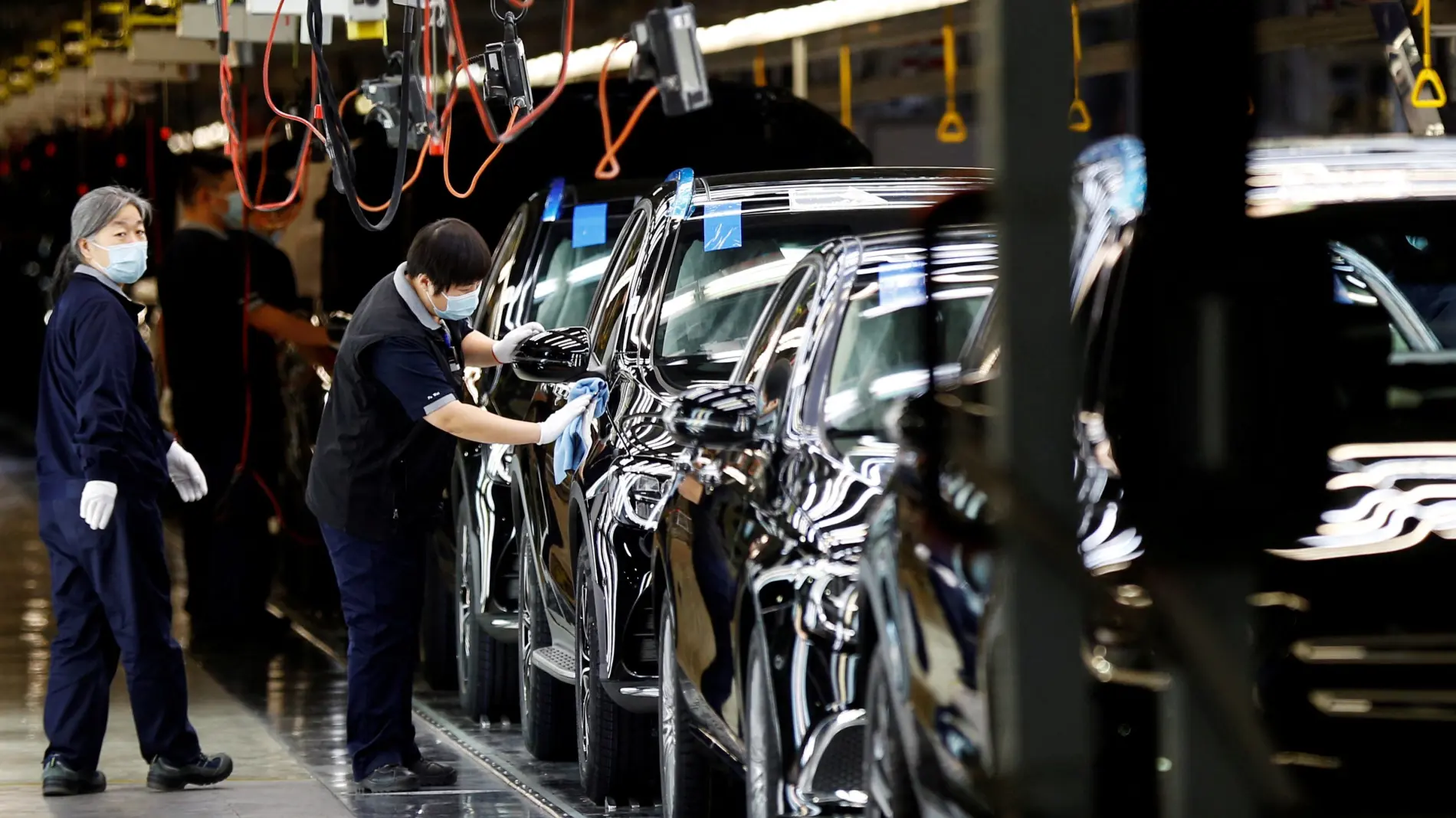
Source: Quartz.
Many companies across a range of industries have to adjust their positions based on the new forced labour measures trending globally.
Volkswagen, Audi, Tesla, Ford, SAIC, BYD, Volvo, Daimler Truck, BMW, Stellantis, General Motors and Mercedes-Benz all have second or third order exposures to China in their supply chain, for example;
- Volkswagen has a plant in Urumqi, Xinjiang, through a joint venture with China's SAIC Motor - where ethnic Uyghurs experience torture and detention.
- As highlighted on Tihrm, Geely, a Chinese multinational automotive company, owns Volvo, and Volvo has control over the EV maker Lynk & Co and Polestar, which manufacture EVs in China. Besides its many other investments across Europe, Geely also owns Lotus Cars, British producer of sports and racing cars as well as black-cab maker London Electric Vehicle Company. Moreover, it has an almost 10% stake in Daimler AG, owner of the Mercedes-Benz and Smart brands.
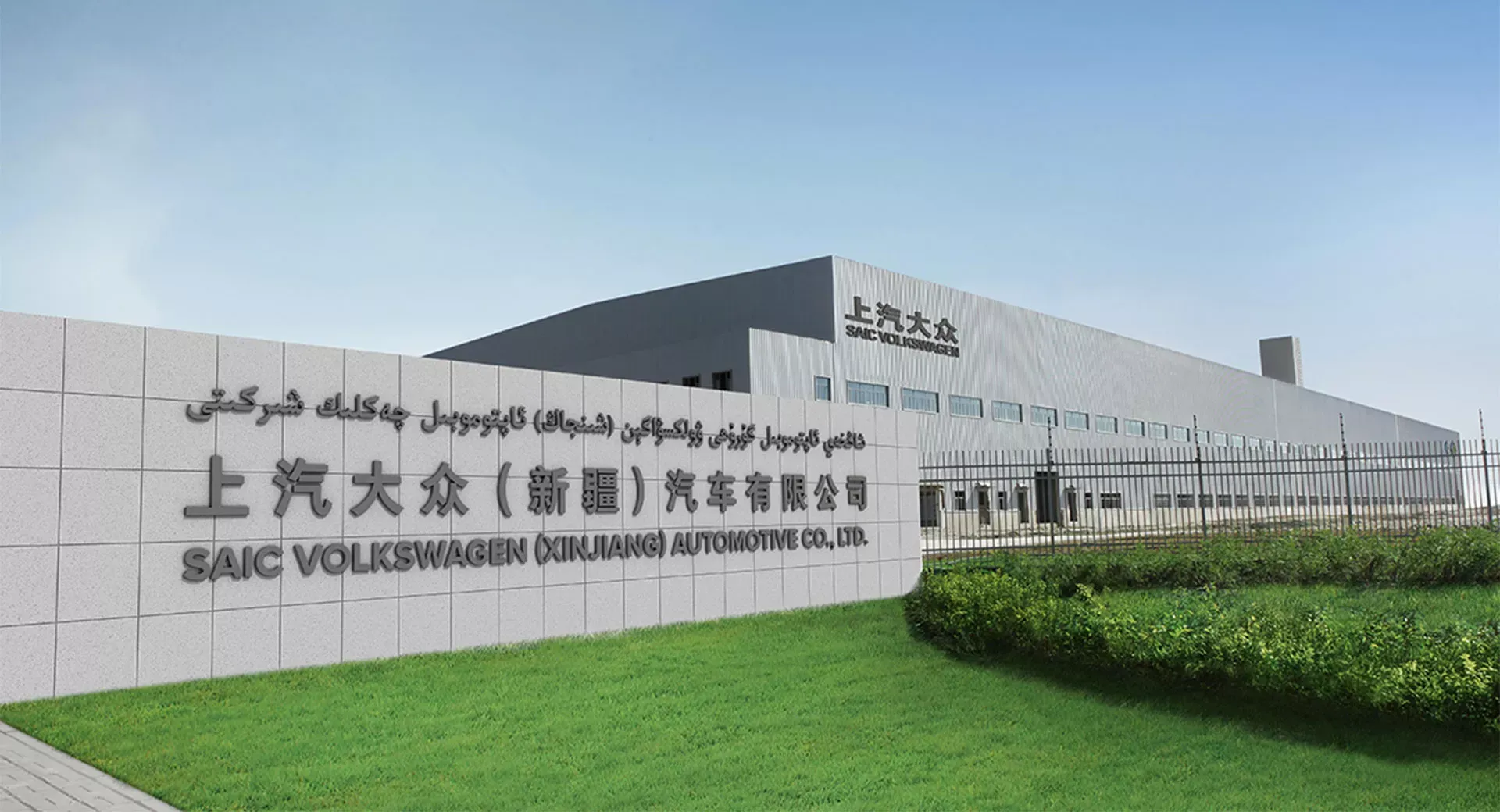
Volkswagen and SAIC joint venture plant in Xinjiang. Source: Carscoops.
These, among many examples, show China's significant role in global EV supply chains, and that Xinjiang forced labour supply chain risks are highly likely to exist.
EV makers also have China-linked battery suppliers such as CATL. CATL supplies over 30% of the world's EV batteries to car makers including Tesla, Kia and BMW. Key players represented in the image below may as well pose forced labour risks to their EV supply chains.
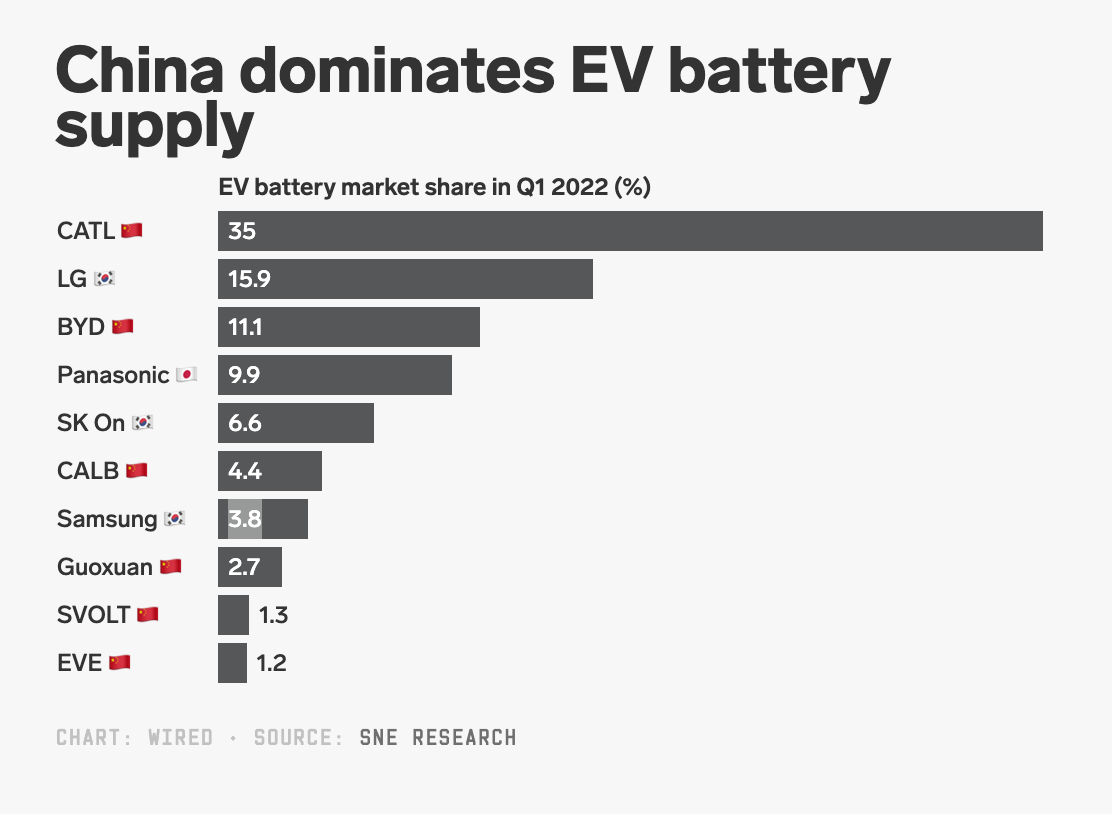
Other recent developments include;
- Mercedes-Benz, BMW, and Audi’s EV plans are reliant on China
- VW Group changes tack to protect slipping market position - “We’ll continue to invest heavily in China”
- Ford EV Battery Raw Materials From China May Utilize Forced Labor
- Companies braced for chaos as Xinjiang import ban starts in US
- VW Denies Claims Of Forced Labor At SAIC Joint Venture Plant In Xinjiang
- Germany Denies VW China Guarantees on Rights Concerns – Spiegel
- VW faces mounting scrutiny to address human rights violations in Xinjiang
- Rubio Questions Volkswagen’s Ties to Metal Suppliers in China Over Human Rights
What's Next?
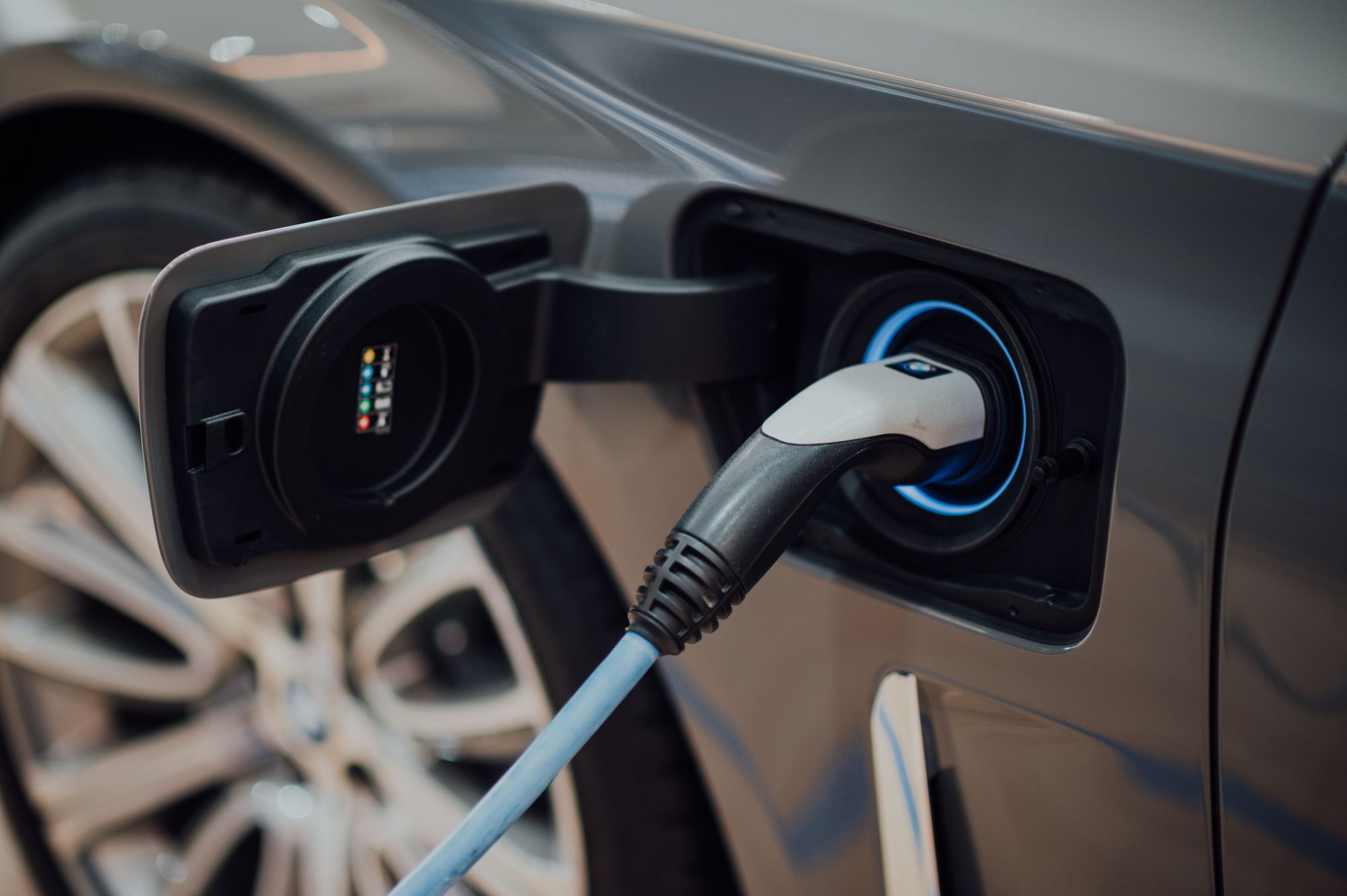
With the new laws and discussions on the way, international cooperation, standards and partnerships are crucial to reduce the EV industry's reliance on China and the forced labour risks it brings, potentially widening the supply/demand imbalance outlook.
However, whilst EV battery forced labour exposures are mostly in lithium battery production, battery composition for EVs is continuing to change. Alternatives to lithium batteries, such as solid state batteries, will be further developed and become more commercially available in the coming years. However, challenges such as scale and costs are still a concern for lithium-ion battery alternatives.
In Part 4 of this series, we'll discuss the alternatives to lithium batteries as they become increasingly relevant for widespread EV adoption.
